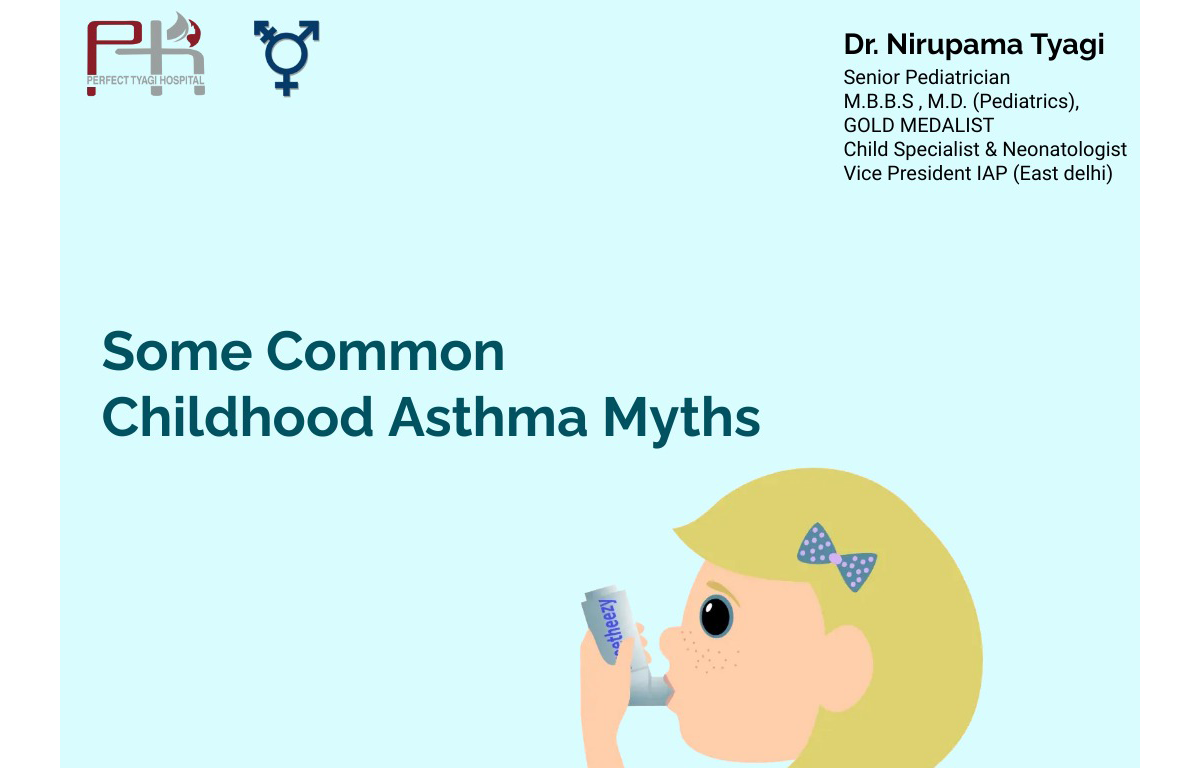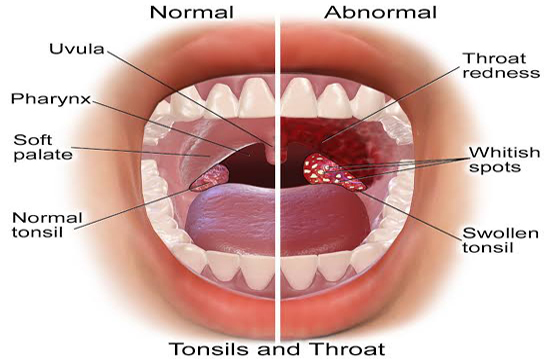Infants require adequate nourishment and the best way of ensuring this is through breastfeeding, which is vital for your baby’s lifelong health and wellbeing. Proper infant nutrition is fundamental to a child’s continued health, from birth through adulthood. Correct feeding in the first three years of life is particularly important due to its role in lowering morbidity and mortality, reducing the risk of chronic disease throughout their life span, and promoting regular mental and physical development.
An infant must derive nutrition in the first six months only through breastfeeding in order to attain the best possible results of healthy development and growth. Later, an infant can gradually be introduced to safe and adequate complementary foods to reach nutritional goals. A mother can continue to nurse her child as well as feed him/her suitable substitutes available in the market or prepared at home for up to two years of age, and sometimes longer if required.
For something that is as common, normal, and naturally engineered as breastfeeding, most first-time moms are a little nervous.
Here are some do's and don'ts about Infant Nutrition and new moms.
1. DO drink plenty of water. This is the #1 thing you can do to keep your milk supply strong.
2. DO be patient. You and your baby are learning a new skill; no one becomes an expert on the first day. It takes time to establish a comfortable rhythm.
3. DON’T accept pain. Breastfeeding may cause some initial discomfort as your infant learns to latch, but you shouldn’t experience extended pain or soreness. If you do, speak with a lactation consultant immediately.
4. DO know the guidelines for successful breastfeeding, including how many wet and soiled diapers to expect in your first few weeks of bringing your little one home. Pediatricians can give you direction, but the best resource is a lactation consultant.
5. DO eat a properly balanced diet filled with protein, fruits and vegetables. You only need about 300 more calories each day, so don’t feel compelled to over eat. Keep in mind that whatever you eat, baby eats too, so you might want to reduce caffeine intake and spicy foods.
6. DON’T wait for your baby to cry before you start nursing. An upset child has a harder time focusing. Offer your breast frequently; you can’t overfeed with breastmilk. Eventually you’ll recognize the early hunger cues.
7. DON’T switch breasts too early. Let baby drain one breast entirely before moving to the next. The first milk expressed by your breast is “foremilk,” which is watery. Your baby also needs the “hind milk,” which is fattier, more nourishing, and regarded as the “bottom” milk.
8. DO nurse when your baby is hungry, regardless of time or place. Nursing limitations may adversely affect your milk supply and your child’s ability gain weight at a healthy rate.
9. DO ensure that breastfeeding is well established before you introduce a bottle. Lactation consultants recommend waiting at least six weeks and leading with paced bottle feeding. Manufactured nipples are much different from your own and may lead to “nipple confusion.”
10. DON’T rush solid foods. Breastmilk will satiate your child for the first year and provides the necessary nutrients for growth. In fact, the composition of mother’s milk changes on a daily basis to accommodate a child’s needs.
This is just a very short list of things women might wonder about. If you're having trouble, get help from Dr. Nirupama Tyagi





